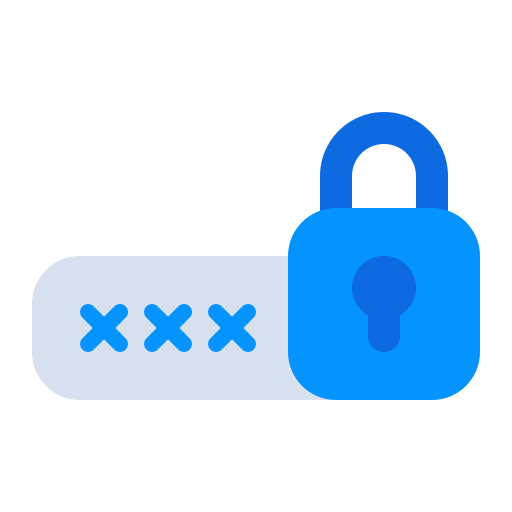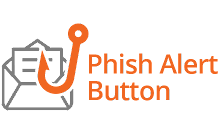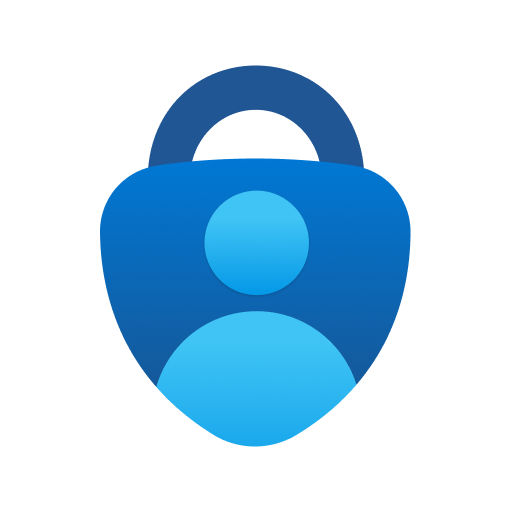At IUP, we take cybersecurity very seriously. This critical information will help protect students, staff, and faculty from the inherent dangers of the internet.
IUP is proud to be a "Champion” as designated by the National Cyber Security Alliance. As a Champion, IUP conducts several activities to engage students and employees to raise awareness for cybersecurity.
Stay secure online!
Here are five tips for staying safe online! It is important to be prepared for cybersecurity issues, you never know when an attack might happen!
 Tip 1: Artificial Intelligence
Tip 1: Artificial Intelligence
When using AI technologies, it is a good idea to refrain from entering any private or proprietary information. The privacy policies of AI services usually do not guarantee that any information provided to the language model will be kept private. Any prompts entered might be used to train the model for future iterations. For professors, this means that student names, ID numbers, grades, or any other Personally Identifiable Information should not be given to ChatGPT as a prompt. For students (or anyone for that matter), this means that you should not enter passwords, dates of birth, Social Security numbers, addresses, etc.
In summary, if you wouldn't want information to be public to the internet, you should not enter it into an AI chatbot.
 Tip 2: Passwords
Tip 2: Passwords
Your password is what protects you from cyber criminals. It is not difficult to come up with safe password methods which will help keep your passwords complex and help you protect you and your identity. These days, almost everything we do requires a PIN number or a password. There are so many that we sometimes can't keep track of them. While we might view passwords as a hassle and overlook their significance, it's crucial to understand their importance.
Never give your passwords to anyone else—this includes sending your password through an email. IT Support staff and other IT technology support personnel will never request your passwords.
If you need to reset your IUP network password, you can use Self Service Password Reset.
 Tip 3: Phishing
Tip 3: Phishing
When using email, stay alert for suspicious messages, especially phishing attempts. These deceptive emails may request personal information, prompt you to take certain actions, or impersonate trusted sources. Vigilance is crucial to protect yourself from these threats. Recognize phishing signs, like urgent requests for personal data, unexpected attachments, or generic greetings. To stay safe, avoid clicking on unfamiliar links, validate sender email addresses, and never share sensitive information via email or phone.
The IT Support Center will never ask for your password via the phone or email. If in any doubt about the validity of an email message, use the Phish Alert Button to report the message.
 Tip 4: Don't Fall for Job Scams
Tip 4: Don't Fall for Job Scams
When checking your IUP email, you will probably come across an email offering you a job—but it is probably a scam! These scams typically promise lucrative job opportunities with minimal effort, request application fees or personal financial information, and often lack proper contact details or genuine company correspondence. Stay alert to protect yourself from falling prey to these deceptive schemes.
 Tip 5: Multi-Factor Authentication
Tip 5: Multi-Factor Authentication
Multi-factor authentication (MFA) is an authentication method that requires the user to provide two or more verification factors to gain access to a resource such as an application, online account, or a VPN. Instead of asking only for a username and password, MFA requires one or more additional verification factors, which decreases the likelihood of a successful cyber attack.
The main benefit of MFA is to enhance IUP’s security by requiring that you identify yourself with more than a username and password, which can be vulnerable to brute force attacks and can be stolen by third parties.
Cybersecurity Events
National Cyber Security Awareness Month occurs in October. The university conducts a number of educational and awareness activities during the month.
Cyber Security/Information Assurance Day is a yearly scheduled event sponsored by the Institute for Cyber Security.
Related Links
- Advanced Threat Protection for Email
- Staying Safe Online
- Protection of Personally Identifiable Information